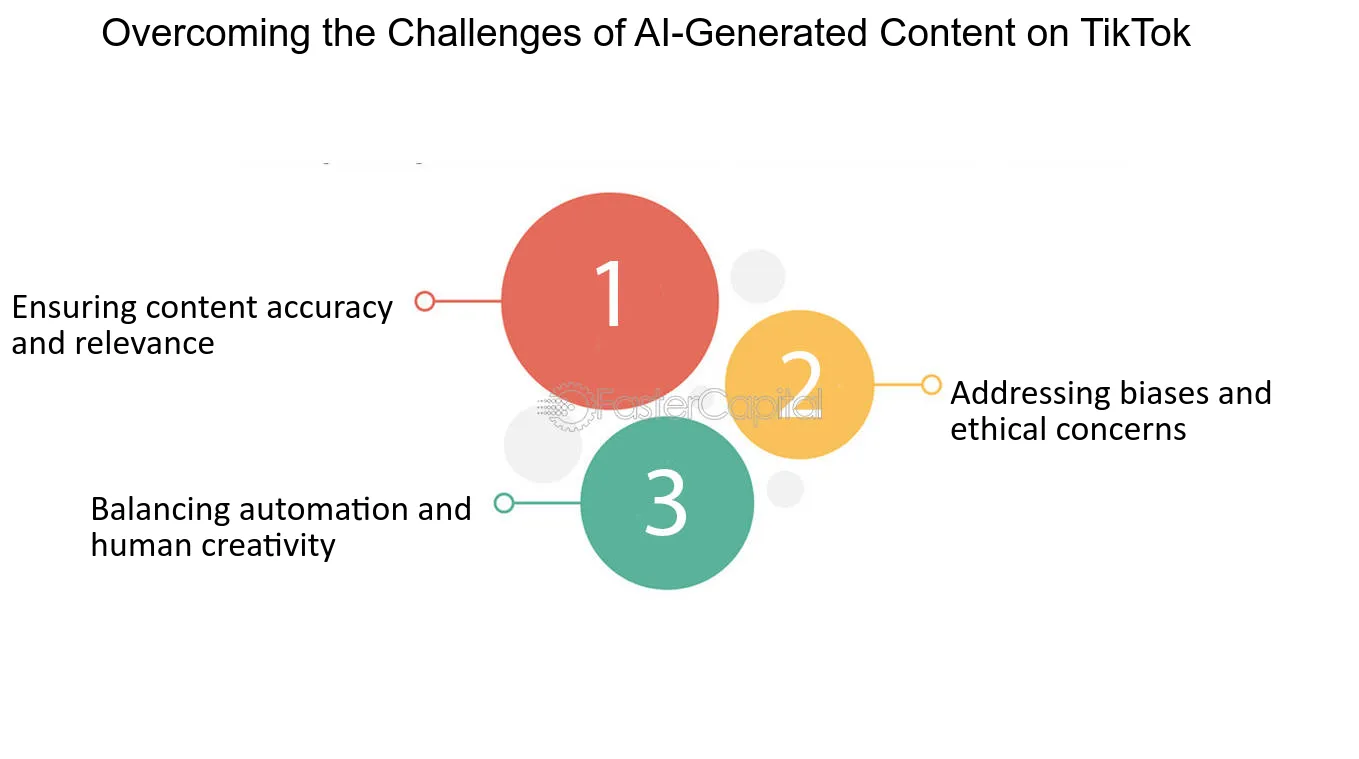Introduction
The retail landscape is undergoing a dramatic transformation, and at the heart of this evolution is artificial intelligence (AI). From reimagining inventory management to creating personalized shopping experiences, AI is revolutionizing the way we shop. In this blog post, we’ll explore the exciting world of AI-powered retail innovation, uncovering how it’s reshaping the industry, enhancing customer satisfaction, and driving efficiency across the retail spectrum.
The Retail Revolution
In an age where convenience and personalization are paramount, retailers are under increasing pressure to adapt. Traditional brick-and-mortar stores must compete with the convenience of online shopping, while e-commerce giants are continually looking for ways to improve the online customer experience. AI is the driving force behind much of this transformation, offering retailers a myriad of opportunities to remain competitive and thrive in a rapidly changing marketplace.
Enhanced Customer Engagement
One of the most significant ways AI is transforming retail is through personalized customer engagement. AI-powered recommendation systems, such as those used by Amazon and Netflix, analyze customer data to suggest products that align with individual preferences. These systems consider factors like past purchase history, browsing behavior, and even demographic information to provide tailored recommendations, resulting in increased sales and customer satisfaction.
Smart Shelves and Inventory Management
AI is also revolutionizing inventory management through the use of smart shelves. These shelves are equipped with sensors and cameras that monitor product levels in real-time. When an item is running low, the system can automatically reorder it, ensuring that products are always in stock and reducing the risk of out-of-stock incidents.
Retailers can use AI to optimize inventory levels, reducing carrying costs while ensuring that customers can find what they need when they visit the store. This not only enhances the shopping experience but also improves overall operational efficiency.
Frictionless Checkout
One of the most significant innovations in AI-powered retail is the concept of frictionless checkout. Retailers are exploring various technologies to eliminate the need for traditional checkouts and queues. Here are a few notable examples:
- Amazon Go: Amazon Go stores leverage a combination of computer vision, sensors, and machine learning to enable customers to grab items off the shelf and simply walk out of the store. The system automatically tracks the items in the customer’s cart and charges their Amazon account, eliminating the need for cashiers or self-checkout kiosks.
- Scan-and-Go Apps: Several retailers offer scan-and-go apps that allow customers to scan items with their smartphones as they shop. These apps keep a running tally of the items and allow customers to pay via mobile payment methods, reducing checkout time.
- Autonomous Carts: Some retailers are experimenting with autonomous shopping carts that follow customers around the store. These smart carts can scan items as they are placed inside and provide a final bill for easy payment upon exiting the store.
Visual Search and Augmented Reality
AI is also enhancing the in-store shopping experience through visual search and augmented reality (AR). Customers can use their smartphones to take pictures of products they like, and AI-powered apps can identify the items and provide information on availability and pricing. AR apps, on the other hand, allow customers to virtually try on clothing or visualize how furniture would look in their homes before making a purchase.
These technologies bridge the gap between the digital and physical retail worlds, providing customers with more information and a more engaging shopping experience.
Supply Chain Optimization
AI extends its influence beyond the store itself and into the supply chain. Machine learning algorithms can analyze historical sales data and predict future demand, helping retailers optimize their supply chain operations. This leads to reduced carrying costs, minimized waste, and a more sustainable retail ecosystem.
Challenges and Ethical Considerations
While AI holds immense promise in the retail sector, it also presents challenges and ethical considerations. Data privacy, security, and the potential for bias in AI algorithms are critical issues that must be addressed. Additionally, there is the question of how to balance the benefits of automation with the need to maintain employment opportunities for human workers.
Conclusion
AI is transforming retail in ways that were once the stuff of science fiction. From personalized recommendations to frictionless checkout, AI-powered innovations are enhancing the shopping experience and helping retailers remain competitive in an ever-evolving landscape.
As AI continues to advance, we can expect even more exciting developments in the world of retail, providing customers with unprecedented convenience and choice while helping retailers optimize their operations and thrive in the digital age. The future of retail is smart, seamless, and AI-driven.





